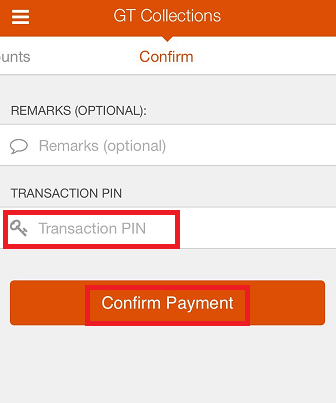
A March Madness pool at the office. Maybe a special trip to Vegas to see baseball. A Kentucky Derby party. Fantasy football. Gambling on sports was irregular, typically unofficial - little potatoes.

Then in 2018, the floodgates opened. That's when the Supreme Court struck down a nationwide restriction on sports betting. Ever since, 38 states have actually legislated some sort of gambling on sports.

As the Super Bowl introduces with a ridiculous kicking contest in between Eli and Peyton Manning sponsored by the sportsbook FanDuel - which, naturally, you can wager on - viewers are primed to see a lot more concentrate on sports wagering in the years ahead.
"Over the course of the last 10 or 15 years it's gradually advanced to the point where it's a regular part of our society now," stated Eric Esterline, the director of sports journalism and communication at the University of Florida. "And the innovation has actually made it more accessible to the public regularly."
Yet despite the mix of slapstick farce and flashy celeb cameos in the inevitable TV ads for sportsbooks, the rise of these apps has a darker side. The easy access to legal betting appears to be fueling an increase in addiction, with some addiction therapists reporting receiving more calls for help than ever.
"I'm extremely concerned about the general public health impacts of this boost in legalized sports wagering. I think it's going to get worse before it gets any better," stated Jesse Dallery, Ph.D, a teacher of psychology at UF and specialist on dependency. "Eventually I think there will be some backlash as folks recognize they're being made use of by these business."
Crafted similar to slot devices in a gambling establishment, sportsbooks apps produce the ideal circumstance for hacking our brains, Dallery stated. Wins are nearly random, which reinforces the desire to wager again in search of the next prize. With live wagering and quick rewards on every play, the apps supply lots of fast hits each video game.
And the ubiquitous ads are customized to reach ever larger groups of individuals, even those who would never ever step foot in a Vegas gambling establishment.
"Where betting was a minority interest previously, these business now need to reach the higher American public," Esterline said. "They wish to pick a varied set of stars to reach various audiences. That's a strategy utilized by advertising companies to develop trust. Having somebody like Eli or Peyton Manning or J.B. Smoove means you can connect to different aspects of our culture."
The other way the apps develop connection is with low-risk, approachable bets. Some apps provide refunds for a new client's very first bad bet. All of them offer people the possibility to bet just a couple of bucks. And prop bets, which let fans bet on easy-to-understand elements like the total score of a video game, attract people who may be unknown with conventional wagering.
Newer apps like Fliff even target those under 21 with complimentary wagering sweepstakes. Targeting younger people, specifically teenagers looking for an escape, can set them up for a long-lasting relationship with sports wagering. "Those youth who are more separated or lonesome are more susceptible to these kinds of addicting behaviors," Dallery said.
Even the leagues have a complicated relationship with the ascendant betting market they support and take advantage of. They generate cash from official handle the apps however try to implement rigorous anti-gambling rules for their players, to restricted success.

For example, the NFL has already softened its anti-gambling policies. While trying to hold the line on banking on football video games, in 2023 they softened punishments for betting on other sports from within football facilities and reinstated some gamers who were suspended for running afoul of earlier guidelines.
"The NFL does this all the time. They outlawed touchdown celebrations, then entirely pulled back on that," Esterline said. With how prevalent sports betting is in society now, they have little hope of reining it in amongst their players.




